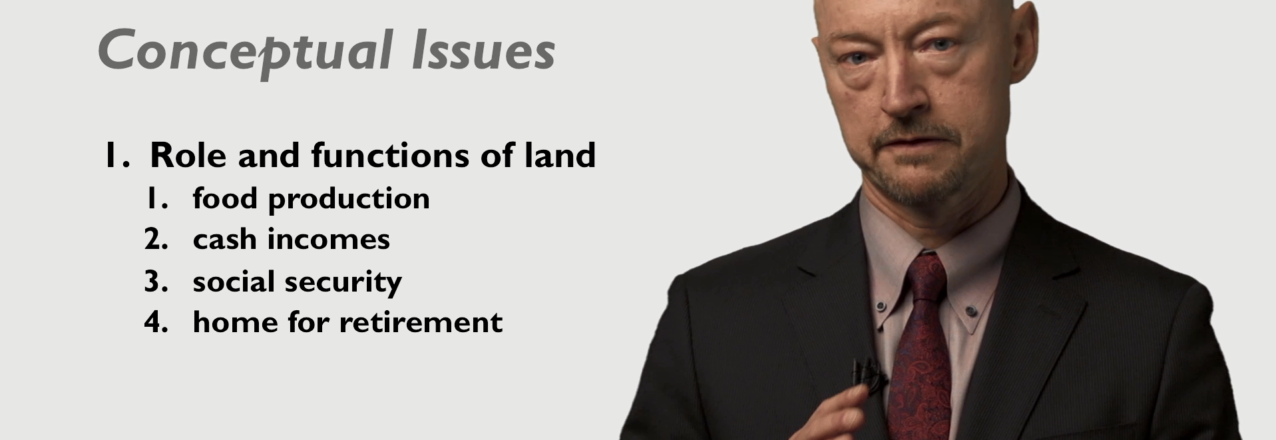By Heath Cosgrove, Director, USAID’s Land Tenure and Resource Management Office.
Land tenure and property rights are at the heart of our most pressing development issues. Globally, there are more than 500 land governance programs in approximately 100 countries that recognize land rights as foundational for development work. These programs are expected to increase in the coming years because a growing body of evidence demonstrates that more secure rights to land and resources have powerful impacts on ending extreme poverty, promoting women’s empowerment, improving food security, reducing conflict, protecting biodiversity and responding to climate change. For development practitioners, better understanding and incorporating land tenure into existing and future development programming is crucial to achieving our objectives across a variety of sectors, such as agriculture, democracy and governance, environment, urban development, economic growth and disaster risk resilience.
To improve understanding of this critical issue, USAID is announcing the launch of the first Massive Open Online Course (MOOC) on land tenure and property rights. This free course is open to the public and provides a 14-week introduction to land tenure and property rights and their critical role in international development work.
Starting September 14 and running until the end of 2015, the MOOC features lectures from leading researchers and practitioners – including experts from Yale University, Michigan State University, the International Organization for Migration, USAID, and others – presenting theories, evidence and best practices related to property rights in real-world settings. The course also examines case studies in Colombia, Haiti and Tanzania. Participants in the course will receive a certificate upon completion.
The MOOC was developed by USAID’s Land Tenure and Resource Management Office to help promote effective, accessible, and responsive land governance systems for all members of society. USAID developed this course because when it comes to understanding the myriad complex challenges created by insecure land rights–and the evidenced-based global best practices for addressing them–there has not been a shared education tool to guide development practitioners at the programmatic level until now.
Land tenure and secure property rights can be challenging issues for development practitioners across various sectors to understand and address because throughout much of the developing world rights to land and other resources are often unclear and poorly enforced. Importantly, up to 70% of land in the developing world is unregistered. In many countries, these rights are governed by complex and overlapping systems of formal laws and informal customs.
Better understanding of these systems and their implications on economic growth, food security, women’s empowerment and natural resource management can improve development programming across a range of important topics. Secure property rights change how people interact with other people and with land itself. These rights can be the tipping point as to whether farmers are willing to adopt costly multi-year agriculture programs. The ability for women to inherit and own property can be the gateway to greater gender equality. Land issues have played a major role in 27 conflicts in Africa since 1990 and have been recognized by the United Nations Sustainable Development Goals (SDGs) as international priorities. USAID’s new Land Tenure and Property Rights MOOC provides a valuable tool to understand these linkages and to improve development outcomes. I encourage you to join us and learn about this key development topic.


